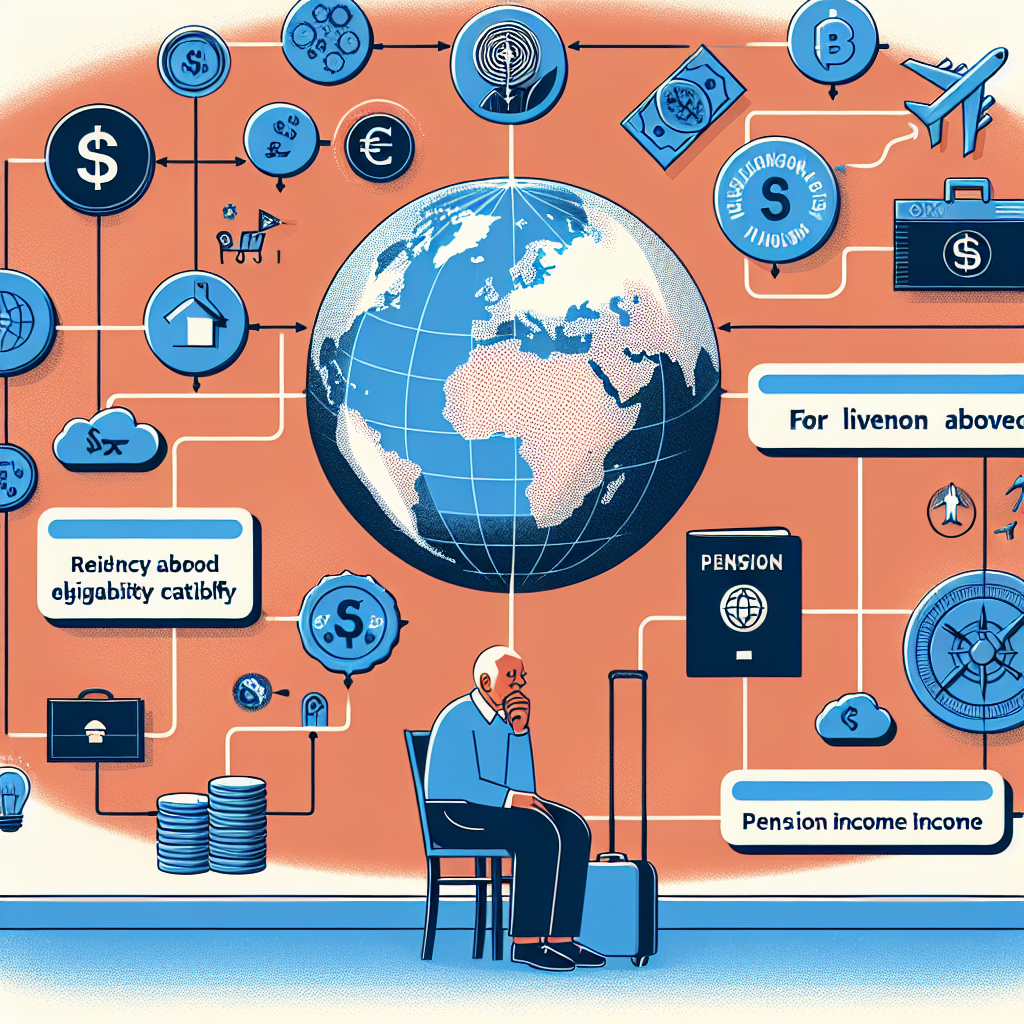
Choose Fair Trade Bananas
by bernt & torsten
There are bananas, and there are bananas. The banana market is controlled by five large corporations – Chiquita (25%), Dole (25%), Del Monte (15%), Noboa (11%) and Fyffes (8%). When you shop at the supermarket, how often do you think about where the food you eat comes from or how it was grown? Supermarkets today contain food from all over the world. But how does a banana get to our table?
Most bananas sold in Canada today, have been sprayed with chemical pesticides. Only 0.5 percent* of the purchased bananas have been raised without these kinds of toxins.
The bulk of Canadian organic banana imports is supplied by the United States, with products from, the Dominican Republic, Mexico, and Honduras. Food and Agriculture Organization (FAO) says Canada imported about 1,800 tonnes of organic bananas in 1998.
In Canada, Transfair Canada – http://www.transfair.ca/ has certified fair trade bananas, imported by Equicosta and Pro Organics Marketing.
If every tenth banana sold in Canada were a certified fair trade banana, this would mean that almost 20 metric tons of chemical biocides would not have to be spread on the banana plantations.
More than one thousand banana workers could work in plantations where they are not being exposed to extremely poisonous biocides. The birds, tortoises, dugongs, butterflies, insects, fish, frogs, and all other animals in the areas around these plantations, would not have the risk of being harmed and poisoned by the chemicals.
This is why you, as a Canadian, should choose fair trade organic-labeled bananas.
Would you like to know the truth about ordinary bananas?
Rivers and seas are not well
Despite the efforts, it has been difficult to come to terms with the immense use of biocides. Chemicals are still leaking out into small streams and rivers, and end up in the ocean and the coral reefs. The fish and other animals in the rivers and alongside the coast are being poisoned and risk dying, at worst.
Criticism has resulted in some improvement
As a consequence of the criticism, some banana companies have made certain improvements to their bananas. The plastic bags impregnated with pesticides are picked up after the harvest instead of being left in the fields. The workers are not in the plantations during the aerial sprayings, and the use of the dangerous weed killer Paraquat, has been heavily reduced. However, this is not enough – and it is possible to grow bananas without massive amounts of chemical biocides.
Harmful to the Workers
There is no safe way to use chemical biocides. All-covering protective clothing is difficult to use in the tropical heat. Accidents are common. Daily exposure to the plastic bags impregnated with pesticides cause neurological damage, and when packing the bananas, the workers risk contracting skin problems. The chemicals spread on the plantations are also in the workers’ homes (there are even trace amounts of chemicals in their mattresses), as well as in other buildings close to the plantations, such as the children’s schools.
The Banana Consumption in Canada
Bananas are many people\’s favorite fruit. Canadians consume plenty; the bananas we normally eat in Canada originate from countries like Panama, Costa Rica, Colombia, and Ecuador. Almost all of the organic bananas, come from the Dominican Republic. About one-tenth of the organic bananas were also labeled with Fair Trade. In Canada, all bananas labeled Fair Trade are also ecologically grown.
Fair Trade Bananas
Choose Fair Trade labeled bananas instead – and help to improve both the environment and people\’s lives.
Fair Trade is a guarantee that the growers always are paid more than the world market price and never less than the cost of production. The labeling is also based on a number of social criteria. Furthermore, there are some minimum demands regarding the environmental effect. The labeling is guaranteed and controlled is carried out by Fair Trade Labeling Organizations International (http://www.fairtrade.net/ ), where Fair Trade is a member.
Organic bananas account for just 0.5 percent of total banana consumption, Food and Agriculture Organization (FAO) said in the study entitled “The market for ‘organic’ and ‘fair-trade’ bananas.”
-ecological growing accepts the use of soaps, organic-based extracts, oils, and fungi and bacteria that have not been genetically manipulated. In certain fruit-growing, limited amounts of copper and sulfur may be used.

Navigating the Procrastination Pitfalls of the AI Tool Explosion
Maintaining focus and productivity is crucial in an era defined by a constant influx of AI...

The Impact of Living Abroad on Pension Eligibility and Income
Understanding how pension systems interact becomes crucial when people work across multiple...

Tech Disillusionment
For four decades, I have worked in the tech industry. I started in the 1980s when computing...
